Covid Death Toll Passes Three Million As India Cases Surge
The global Covid-19 death toll passed three million on Saturday as the pandemic speeds up despite vaccination campaigns, leading countries like India to impose new lockdowns to fight spiralling infection numbers.
It is the latest grim milestone since the novel coronavirus first surfaced in central China in December 2019 and went on to infect more than 139 million people, leaving billions more under crippling lockdowns and ravaging the global economy.
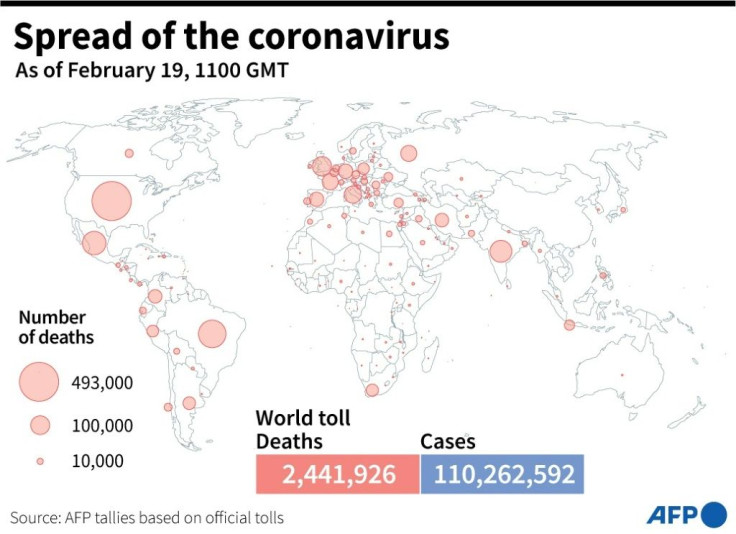
An average of more than 12,000 deaths were recorded globally every day in the past week, shooting the overall toll past three million on Saturday, according to an AFP tally.
For comparison, three million people is more than the population of Jamaica or Armenia -- and three times the death toll of the Iran-Iraq war, which raged from 1980-1988.
And the pandemic is showing no sign of slowing down: the 829,596 new infections reported worldwide on Friday is the highest number yet, according to AFP's tally.
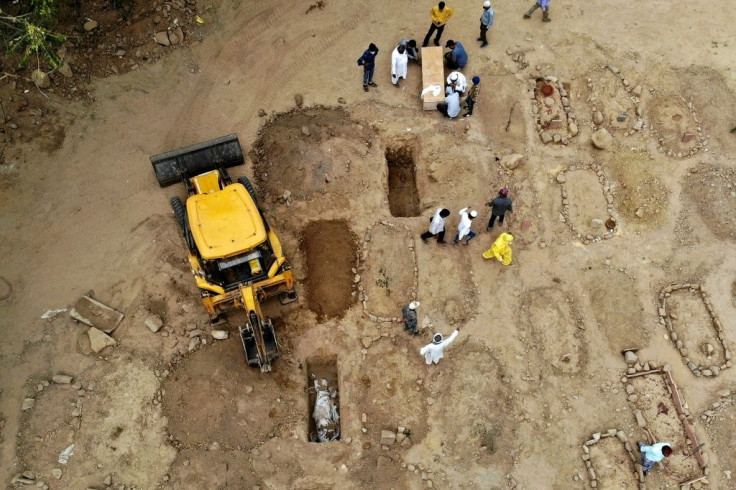
The daily average of 731,000 cases registered over the last week is also close to being a record.
India's capital New Delhi went into a weekend lockdown Saturday as the world's second-most populous nation recorded 234,000 new cases and 1,341 deaths.
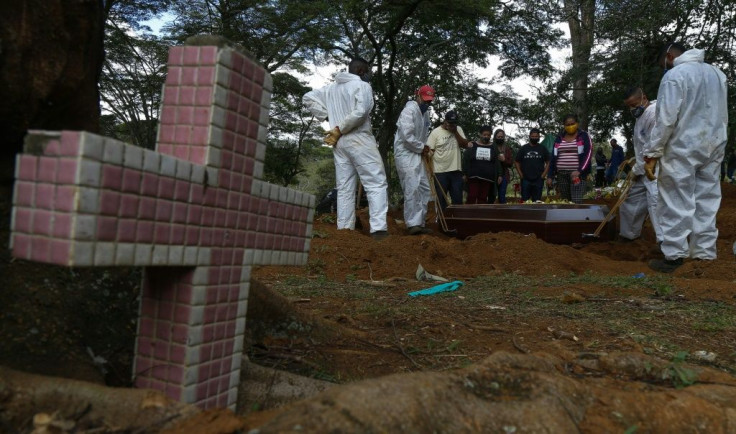
India now has three times the daily cases of the United States, the world's worst-hit nation, and families are clamouring for drugs and hospital beds.
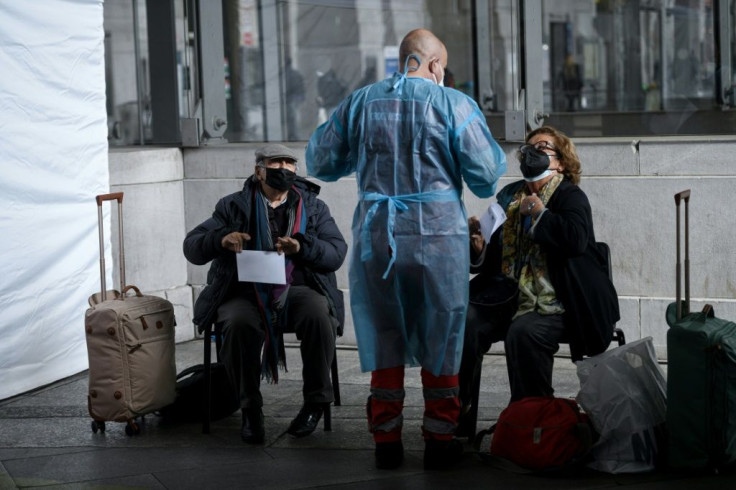
Some doctors say they are alarmed at how many young people are now getting seriously ill -- like Raj Karan, who got sick while campaigning for elections in the northern city of Luckno.
The 38-year-old died soon after.
"I am devastated... I could only see him via a video call," his friend Ajay Singh Yadav, told AFP.
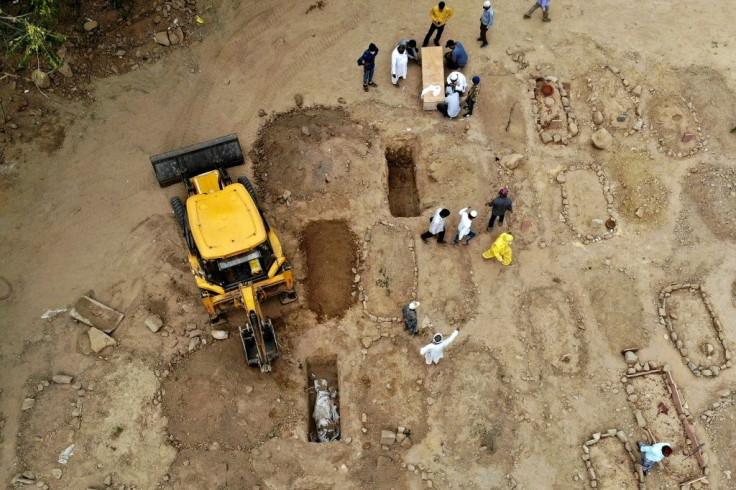
Hopes that South Asian countries might have seen the worst of the pandemic have been dashed, with India recording over two million new cases this month alone and Bangladesh and Pakistan imposing new shutdowns.
Udaya Regmi of the International Red Cross said the "truly frightening" South Asian surge was a "wake-up call to the world".
Richer countries that have waged mass inoculation efforts have seen their virus numbers plummet.
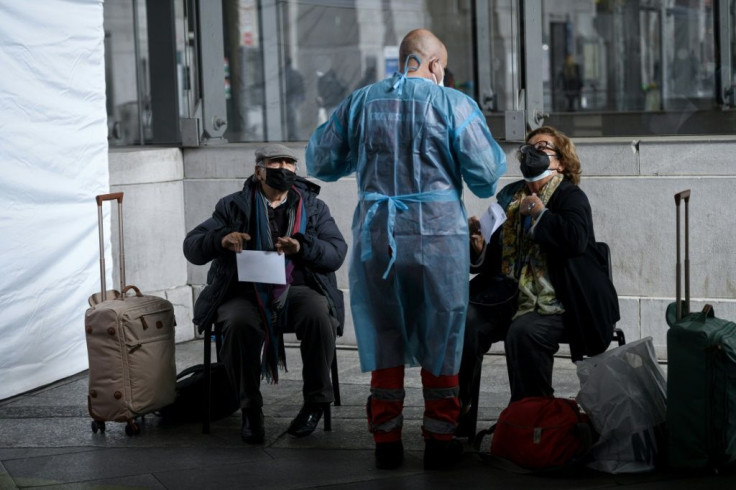
Britain, which has given 60 percent of the population at least one vaccination dose, now records around 30 deaths a day -- down from 1,200 in late January.
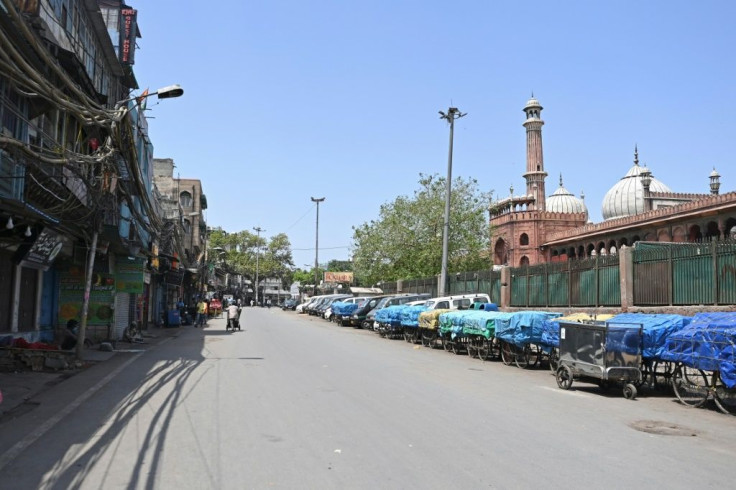
Thailand recorded its fourth consecutive day of more than 1,000 new cases on Saturday, its spiralling infections linked to a nightlife district of the capital Bangkok earlier this month.
Alcohol sales will be banned in Bangkok restaurants from Sunday, while entertainment venues will be shuttered nationwide for two weeks.
In Japan, rising virus cases have stoked speculation that the Olympic Games -- postponed last year due to the pandemic -- could be cancelled.
Prime Minister Yoshihide Suga, in his first meeting with US President Joe Biden, said his government was listening to experts and doing its "utmost" to prepare for the Tokyo games in July.
The virus continues to hit events around the world.
On Saturday, Britain's Queen Elizabeth II bid farewell to her husband, Prince Philip, coronavirus restrictions meant only 30 people could attend his funeral.
Family members -- all masked -- sat socially distanced in the church, with bottles of hand sanitiser placed among the floral tributes inside.
In Brazil, the country with the third-highest death toll in the world, night shifts have been added to several cemeteries as diggers work around the clock to bury the dead.
"We try not to get upset in our work, but it is sad, it is a lot of people," said one gravedigger in Vila Formosa, the largest cemetery in Latin America.
More than 365,000 people have died from Covid-19 in Brazil.
Despite the high infection rates there however, the government of Brazil's most populous state Sao Paulo announced it would allow businesses and places of worship to reopen from Sunday.
France, which banned flights from Brazil last week, on Saturday announced compulsory quarantine for anyone arriving from Argentina, Brazil, Chile and South Africa, because of concerns about their coronavirus variants.
Earlier Saturday, Spain extended the mandatory quarantine of passengers arriving from 12 countries in South America and Africa, including Brazil and South Africa.
A day after Italy announced a partial easing of coronavirus restrictions for schools and restaurants from April 26, entertainment industry workers marched in Rome Saturday calling for more state support -- and a calendar for the reopening of the country's arts venues.
In more good news for Britons after the partial reopening of society this week, Germany on Friday removed the United Kingdom from the list of risk zones for coronavirus infections, meaning that travellers will no longer need to quarantine upon arrival.
Libya launched its vaccination drive on Saturday, prioritising the elderly and health care workers.
© Copyright AFP 2024. All rights reserved.




















